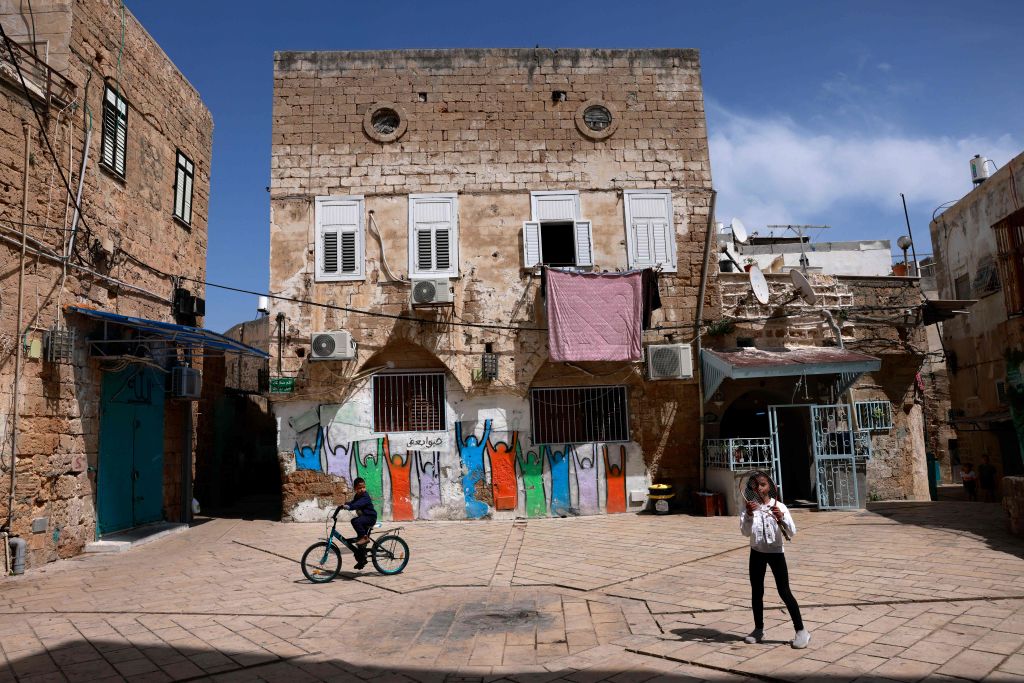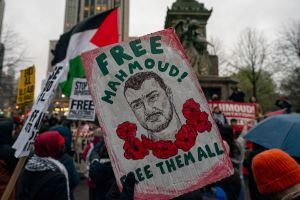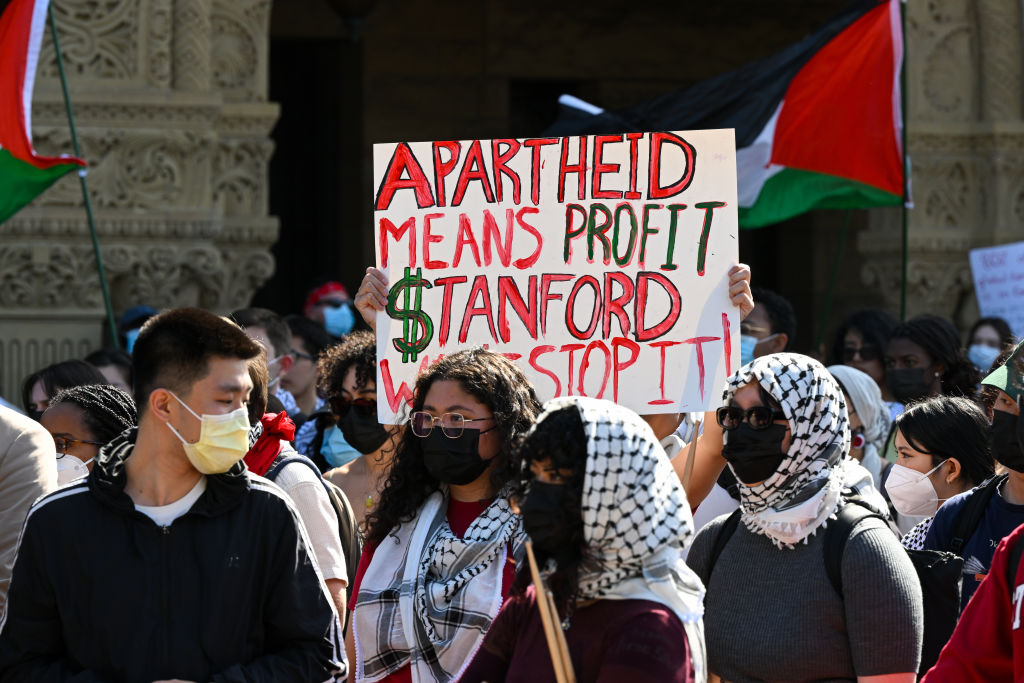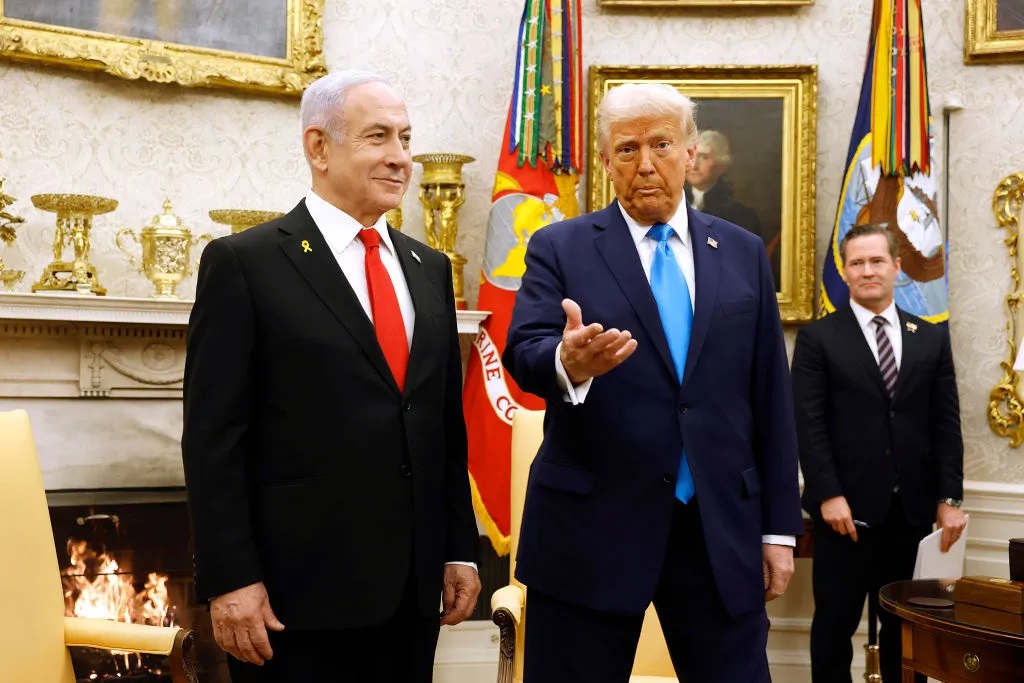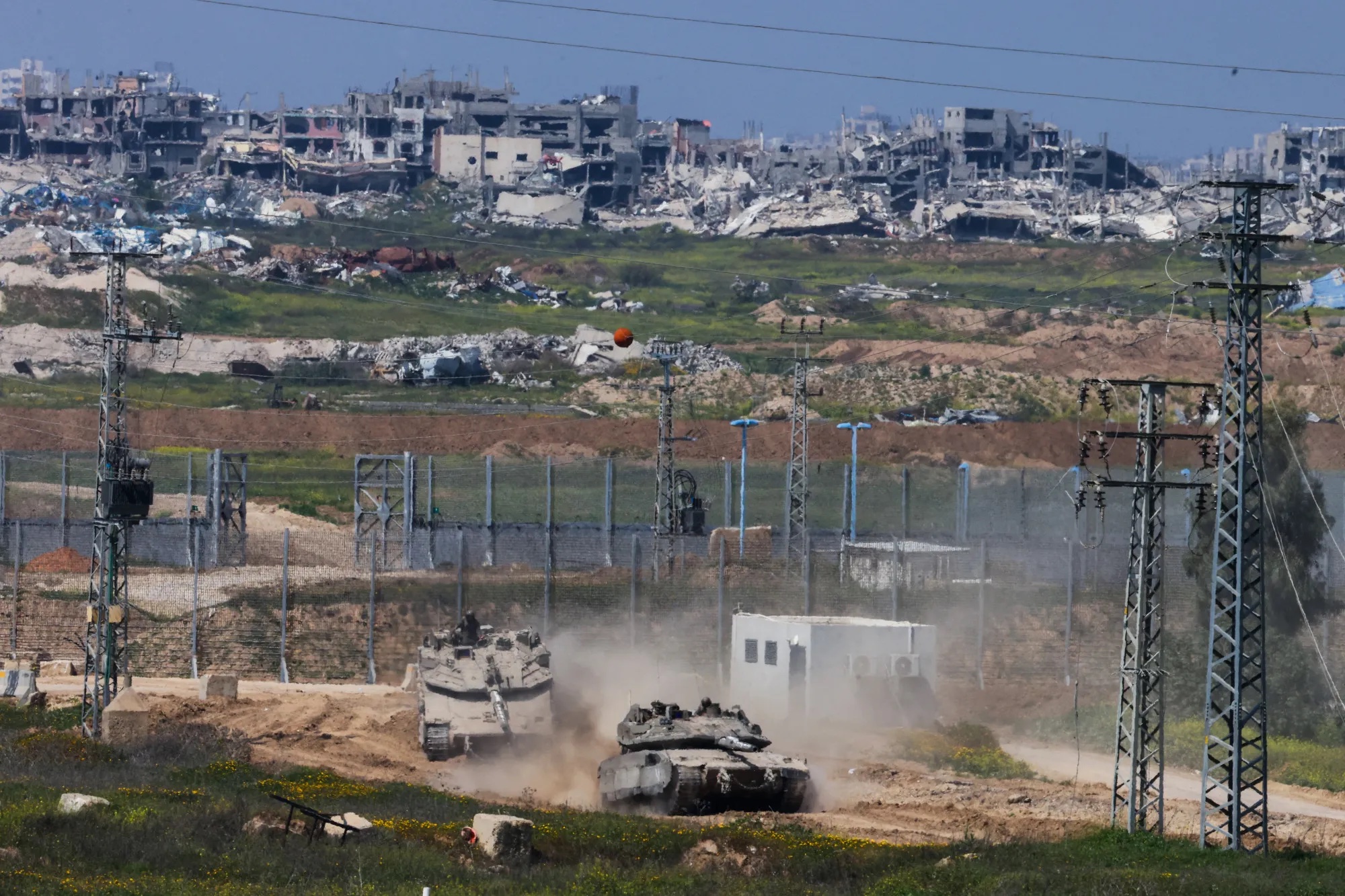Which Middle Eastern country offers the best life for Arabs? The answer, as they say, might surprise you. Take any measure you like — democratic representation, women’s rights, lack of corruption, freedom of speech, the protection of sexual minorities — and it is clear that Israel comes out on top.
I remember covering an Isis gun attack on the Reina nightclub in Istanbul in 2017. An Arab-Israeli woman, 19-year-old Lian Zaher Nasser, was one of 39 people who lost their lives in the atrocity. The attentiveness of the Israeli diplomatic service to her family was striking — and equal to anything I’ve seen elsewhere. Years later, a senior Israeli intelligence source told me of his abiding sense of guilt in failing to prevent the attack.
Considering the fact that the Palestinian territories often feature large red signs warning Israelis not to enter Arab areas for the sake of their lives, the contrast is rather stark.
Last year, the celebrated dancer Ayman Safiah, who was both openly gay and the first Arab-Israeli ballerino, drowned while trying to rescue a friend in northern Israel. His funeral was attended by thousands of mourners. It is hard to imagine this anywhere else in the region.
And while Palestinians have been languishing in a democratic void for over a decade, blocked again and again from casting a vote, Israeli Arabs have made it to the ballot box four times in the last two years. In June, their efforts produced an Arab minister in the cabinet.
Yet the fact remains that much more could be done to allow the greater integration of Israel’s two million Arabs, the majority of whom suffer a far lower quality of life than their Jewish counterparts. Last week, I visited Acre, an old Crusader town near Haifa, with an old city that is about 95 percent Arab.
It still bore the scars of the rioting and violence that erupted during May’s Gaza conflict. The seafood restaurant belonging to Uri Buri, one of the giants of Israel’s culinary scene and a co-existence activist, had been firebombed. It stood blackened and empty facing the sea.
Other Jewish businesses and stalls had also been attacked and were boarded up. Yet when I discussed the unrest with residents, they attributed it more to the disaffection of local youngsters than some bold, political statement.
It is doubtless that a crisis of identity — with some Arab-Israelis feeling Palestinian and others Israeli — played a part in the violence, as did anti-Semitism and religious resentment. But I met many influential Arab figures who said that poor education, deteriorating family structures, drug culture, petty criminality and an embedded sense of bitterness were also very much to blame.
It must be acknowledged that a portion of Israel’s Arab population is indelibly hostile to the state, cleaving to Palestinian nationalism or religious fundamentalism. But the majority does not strongly share these feelings. The morning after the attacks in Acre, Arabs joined their Jewish neighbors in the clean-up, and many were making efforts to tackle the unruly youth. Whatever the numbers, it is certain that better Israeli policy would help.
Arab-Israelis of all stripes tend to harbor deep frustrations at the economic and social challenges they face. There has been a worrying rise in violence and illegal gun ownership in Arab communities, as well as drug dealing, land theft and unauthorized construction. This is particularly apparent among the Bedouin in the south, 35 percent of whom live — or choose to live – in shanty towns. Knotty problems to be sure; but in recent years they have fallen too far down the list of government priorities.
There are certain areas in which specific policy changes could yield profound results. According to Israel’s Central Bureau of Statistics, an Arab child receives a smaller education budget than a Jewish one. One Arab woman I met last week was determined to send her son to a Jewish school for that reason.
As the left-wing politician and former IDF deputy chief of staff, Yair Golan, has argued, this discrepancy means that bright, Arab-Israeli school leavers are less likely to win a place at Israeli universities, opting to study on the West Bank or in Jordan instead. Their institutional environment is thus likely to be hostile to Israel, and the opportunity for enhancing their stake in the state is lost.
The fall of Netanyahu, and the coalition that has replaced it, offers a window of opportunity to reverse this. For all his achievements as a peacemaker with the wider Arab world, Netanyahu was often perceived as pandering towards anti-Arab prejudice, particularly during election campaigns (though he recently gave himself the Arabic moniker Abu Yair). His 2018 ‘nation state law’, which enshrined the Jewish character of the state, may not have been discriminatory but it caused many Arabs to feel alienated.
Now that the government comprises a rainbow of parties from right to left — with an Arab presence for the first time — fresh attention can be paid to the matter. There is an urgent need for a wide-ranging package of economic and social stimulus for Arab-Israeli communities.
The recent rioting should be a wake-up call. The malaise has been deepening for many years, but the unrest was a tipping-point. If conflicts with external enemies continue to trigger confrontations with ‘enemies within’, which have been gestating for generations, Israel could end up tearing itself apart.
This is not inconsistent with right-wing Zionism. Ze’ev Jabotinsky, Netanyahu’s intellectual forebear, hardly a shrinking violet when it came to Jewish self-determination, could not have been clearer.
‘All of us, all Jews and Zionists of all schools of thought, want the best for the Arabs of Eretz Israel,’ he wrote. ‘We want them to prosper both economically and culturally.
‘We envision the regime of Jewish Palestine as follows: most of the population will be Jewish, but equal rights for all Arab citizens will not only be guaranteed, they will also be fulfilled.’
This article was originally published on The Spectator’s UK website.



